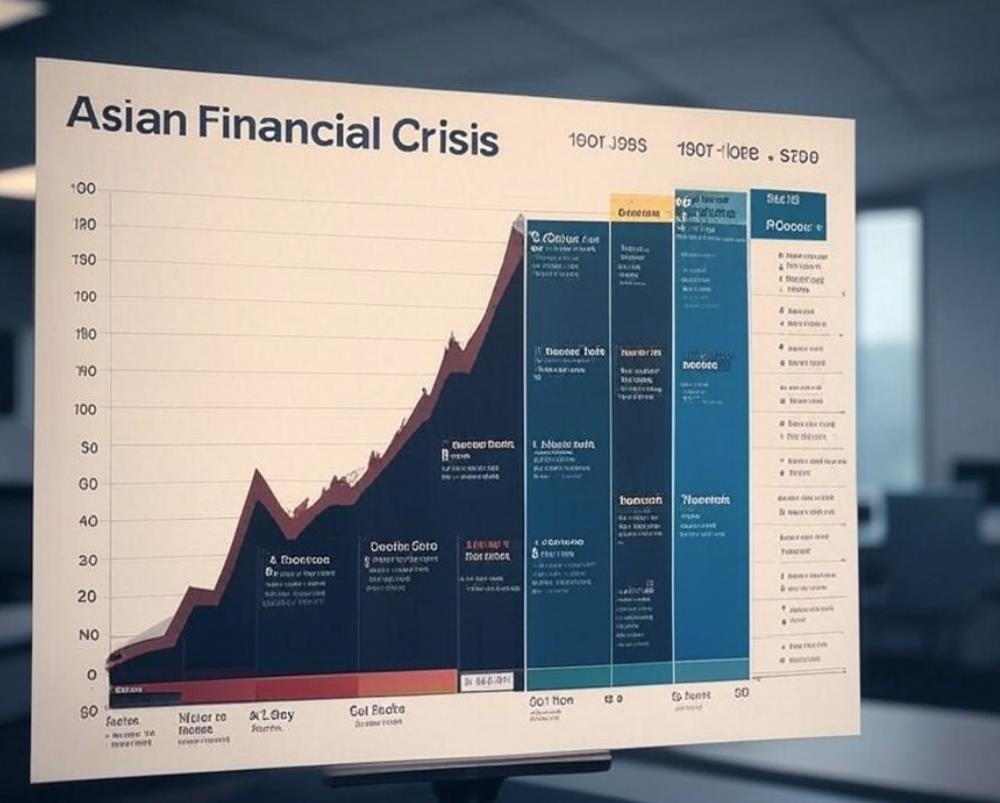
China’s mounting economic challenges have sparked fears of a second Asian Financial Crisis, potentially more catastrophic than the one triggered by Thailand in 1997. Back then, the collapse of the Thai baht led to a regional economic meltdown, destabilizing markets across Asia. Today, China’s role as a global economic powerhouse makes the stakes far higher.
China’s 10-year bond yields have plunged to their steepest decline since September 2008, signaling deep financial distress. Despite multiple promises of stimulus, Beijing has failed to deliver decisive actions. The Consumer Price Index (CPI) and Producer Price Index (PPI) remain alarmingly weak, reflecting a broader economic slowdown. Confidence in Chinese equities continues to falter, with markets reacting negatively even to new stimulus announcements.
The government has rolled out significant measures, including a 7.5 trillion yuan ($1.07 trillion) package in September 2024 to alleviate local government debt, boost consumer spending, and stabilize the collapsing property market. Following this, a five-year plan introduced an additional 10 trillion yuan for local debt relief, mortgage rate cuts, and reduced reserve requirement ratios. Yet, these efforts have failed to revive investor trust or spur meaningful recovery.
China’s real estate sector remains in crisis, with property investment declining by 10.2% year-on-year in the first seven months of 2024. Local governments are drowning in debt, while consumer spending is sluggish, as shown by retail sales growing only 2.7% in July. Industrial output growth slowed to 5.1%, and urban unemployment rose to 5.2%.
The parallels with the 1997-98 Asian Financial Crisis are striking. Then, Thailand’s financial woes rippled across Asia, exposing systemic weaknesses in interconnected economies. Today, the IMF has warned that China’s economic struggles mirror the severity of that crisis. If left unchecked, these issues could ripple across the global financial system, given China’s vast influence on trade and investment flows.
With global markets intertwined, the consequences of a financial collapse in China could be devastating. Beijing’s current trajectory, marked by half-measures and eroding confidence, risks tipping the balance toward a full-blown crisis. Whether China can stabilize its economy without triggering a global contagion remains a critical question. If history is any guide, the world may be on the cusp of witnessing an economic shock of unprecedented scale.
🚨CHINA IN FREEFALL: DEFLATION CRISIS EXPOSES THE CRACKS IN COMMUNIST ECONOMY
The wheels of China's economy are grinding to a halt as deflation takes hold, with companies slashing prices in desperation to offload excess supply.
Even giants like Shandong Chenming Paper are in… pic.twitter.com/Zn7wYG4JB5
— Mario Nawfal (@MarioNawfal) December 14, 2024
Sources:
https://www.wsws.org/en/articles/2024/12/13/pols-d13.html
https://www.businesstimes.com.sg/international/china-signals-bolder-stimulus-next-year-trump-returns
https://finance.yahoo.com/news/china-rolls-42b-stimulus-package-102818452.html